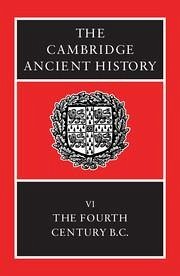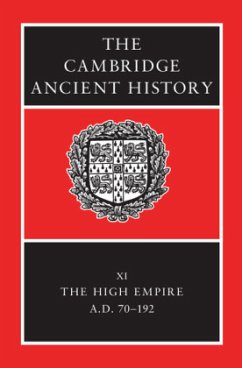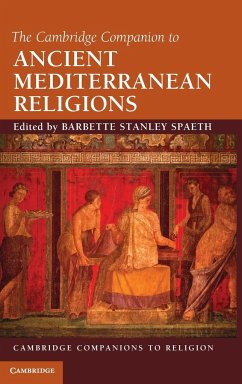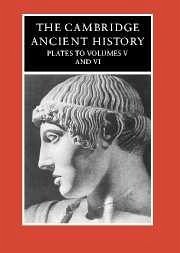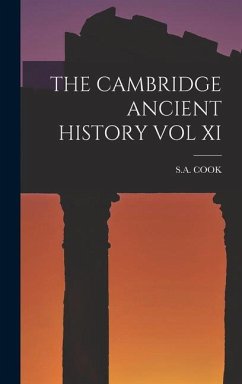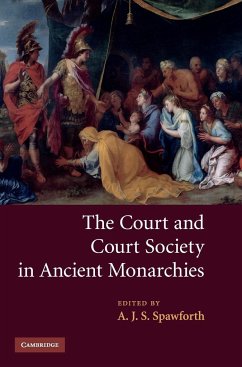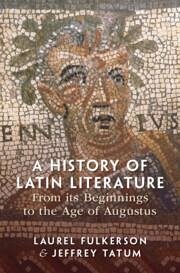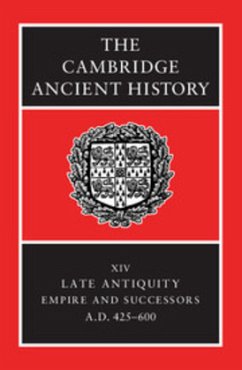
The Cambridge Ancient History
Versandkostenfrei!
Versandfertig in über 4 Wochen
408,99 €
inkl. MwSt.

PAYBACK Punkte
204 °P sammeln!
With Volume XIV The Cambridge Ancient History concludes its story. This latest volume embraces the wide range of approaches and scholarship which have in recent decades transformed our view of Late Antiquity. In particular, traditional political and social history has been enormously enhanced by integrating the rich evidence of Christian writing, and the constantly expanding results of archaeological research. A picture emerges of a period of considerable military and political disruption, but alsoof vibrant intellectual and cultural activity. The volume begins with a series of narrative chapt...
With Volume XIV The Cambridge Ancient History concludes its story. This latest volume embraces the wide range of approaches and scholarship which have in recent decades transformed our view of Late Antiquity. In particular, traditional political and social history has been enormously enhanced by integrating the rich evidence of Christian writing, and the constantly expanding results of archaeological research. A picture emerges of a period of considerable military and political disruption, but alsoof vibrant intellectual and cultural activity. The volume begins with a series of narrative chapters. These are followed by sections on government and institutions, economy and society, and religion and culture. A section on the provinces and the non-Roman world marks the rise of new and distinct political and cultural entities. This volume, and the CAH, ends in around AD 600, before the Arab conquests shattered for ever what remained of the unity of the Roman world.



